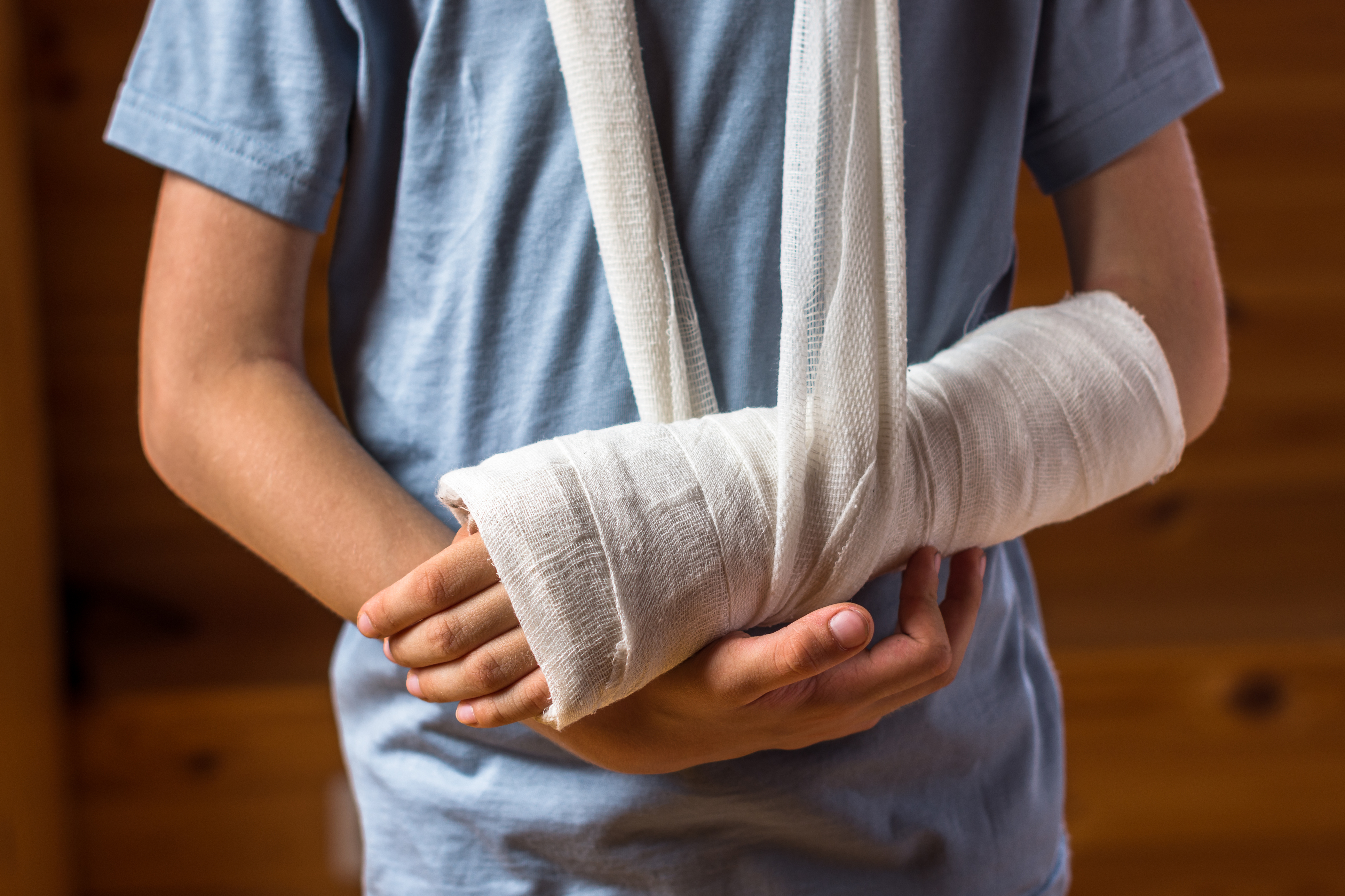Activities after the operation
Your child may feel dizzy, sleepy and unsteady for up to 6 hours after an anesthetic or sedation. Your child should do quiet activities today, such as watch videos or TV, or listen to music.
Do not let your child do activities that your child needs to have good balance for. For example, do not let your child play hockey or soccer, roller blade, ride a bike or swim.
Supervise your child's activities today. Tomorrow your child can go back to their normal activities, unless you have been given other instructions.
Eating and drinking after the operation
- Allow your child to choose when to start drinking. Your child should drink clear fluids such as water, juice, broth, popsicles or ginger ale.
- For infants and toddlers, start by giving your child clear fluids such as oral rehydration solution (e.g., Pedialyte) or water. If your child is not interested, you can try giving your child breast milk and/or formula.
- Your child should drink well today to make sure they are well hydrated.
- After drinking clear fluids, if your child does not vomit, they can start to eat a small meal or resume drinking breastmilk or formula.
- Some foods can upset your child's stomach or make them throw up after an anesthetic or sedation. Consider avoiding burgers, fries, or food made with milk, such as cheese, yogurt or ice cream as a first meal.
- Dimenhydrinate (e.g., Gravol) is a medication that can be given to help if your child is experiencing nausea or vomiting. Give your child small amounts of oral rehydration solution (e.g., Pedialyte), water, breast milk or diluted formula often for an upset stomach. Slowly advance back to their regular diet when your child feels better.
- If your child is not drinking, not peeing, and/or is throwing up for longer than 6 hours, call their health-care provider or go to the nearest emergency department.
What to do for your child's pain
Treating your child's pain will help them heal faster. The amount of medication your child will take depends on their weight. Please follow the instructions on the bottle for how often to give the medication and how much to give.
If your child has pain, give them the medication the doctor suggested for pain.
- Acetaminophen (e.g., Tylenol) may be given at: __________
- Ibuprofen (e.g., Advil, Motrin) may be given at: __________
For the rest of the day after surgery, and for the next few days, give your child acetaminophen and/or ibuprofen on a regular schedule to help manage the pain.
After a few days, when your child feels better, you can give acetaminophen and/or ibuprofen only when they need it to help with pain.
If the times for acetaminophen and ibuprofen happen to be the same, it is safe to give them both at once. If your child is sleeping, there is no need to wake them up to give them their scheduled pain medications. When your child wakes up, you can resume their pain medications.
Opioids (morphine or hydromorphone)
If your child was prescribed opioids (morphine or hydromorphone), follow the information provided by the pharmacist when filling your prescription.
Opioids may be given if needed for medium to severe pain after acetaminophen and/or ibuprofen has already been given.
If your child needs opioids at home, do not skip the next acetaminophen and/or ibuprofen doses, this will help keep them comfortable.
Repositioning, gentle movement and distraction can also help relieve pain.
Anesthetic in the lower back
Your child may have had an anesthetic in the lower back, called an epidural or caudal block.
If your child has received an epidural or caudal block, they may have leg weakness and numbness that should go away after a few hours. To prevent injury, keep sharp, hot and cold objects away from your child until normal sensation returns. You will need to watch your child closely and assist them when walking or crawling to prevent falls. If your child does not pee within 10 hours after their surgery, please take your child to the nearest emergency department.
What to do for your child's fever
Your child may develop a mild fever after an anaesthetic or surgery. The fever will go away within a day or so. If your child has a fever, give them plenty of fluids and the medication recommended for fever. Seek immediate medical attention if the fever persists and/or is accompanied by any of the following:
- A fast heart rate
- Fast breathing
- Cool or clammy skin
- Excessive sleepiness
- Confusion (not knowing where they are)
- Decrease in urination
- Uncontrolled pain
- Redness, swelling and/or discharge from the surgical site
- Or your child looks extremely unwell
Who to call if you have any concerns
If you have any concerns regarding your child's health, contact your child's health-care provider right away. Do not wait until your next scheduled appointment.
Your PACU nurse and surgeon will also provide you with post-op care instructions called the Discharge Summary as well as contact details about who to call if you have questions.

